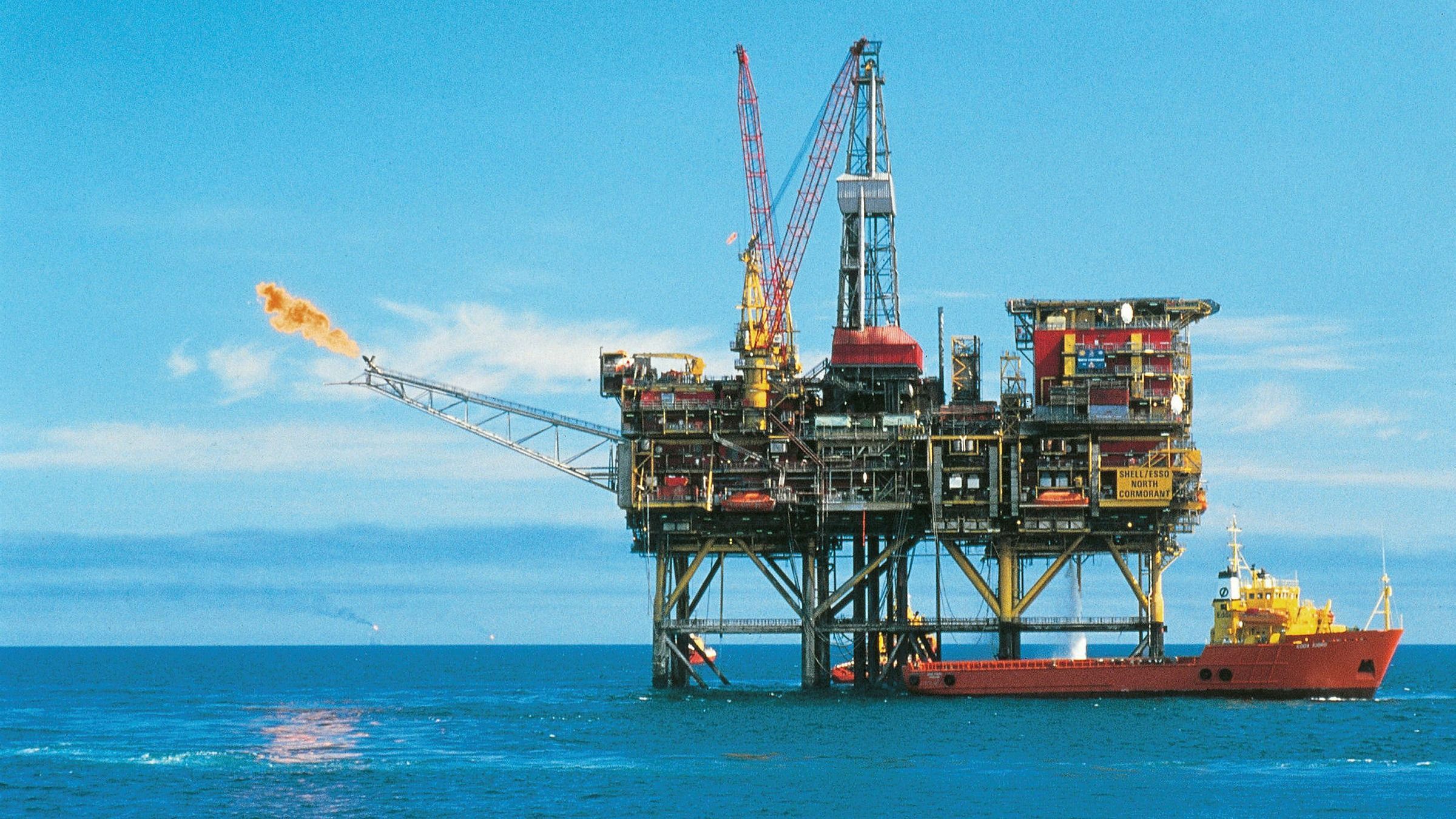
Despite potential delays due to the pandemic, most oil and gas operators said their long-term strategies in Brazil have not changed.
After being hit by the COVID-19 pandemic and low prices, oil and gas operators in Brazil are returning to normal exploration and production activities and announcing preparations for new drilling campaigns for the coming years, mainly in the offshore sector.
Read also
- Brazilian Servtec and Darby acquire 64 MW of renewable energies
- AES Tietê buys wind complex in Rio Grande do Norte for 650 million reais
- Mining company Vale expands business in Maranhão to meet China's demand for iron ore
“In recent years Brazil has held many auctions, several companies have committed to investing and now they need to do so. The market situation is normalizing and, although prices are in a lower range, this is not necessarily bad for exploration because costs tend to be lower as well”, said Edmar Almeida, an analyst at the Institute of Energy at the Pontifical Catholic University from Rio de Janeiro to Portal BNamericas. “It might be a good time to start these activities.”
This week, the Murphy company announced that, together with its partner Wintershall, it is analyzing seismic data in its three blocks in the Potiguar Basin, aiming at a spudding from the end of 2022 to the beginning of 2023.
Murphy is also part of a consortium with ExxonMobil and Enauta that is expected to start an offshore drilling campaign in the Sergipe-Alagoas basin in mid-2021. The companies have already completed seismic analyzes and are choosing well sites.
"Probably in the same month of next year we will already be drilling Sergipe-Alagoas", commented the CEO of Enauta, Lincoln Guardado, during a conference call on Thursday (06).
Enauta is also considering drilling a fourth oil and gas producing well next year in its offshore field in Atlanta, in the shallow waters of the Santos basin.
“We follow the long-term scenarios for the commodity, which is what supports our investment decision”, added Guardado.
Meanwhile, state-owned Petrobras also said that while it does not plan new campaigns for its offshore pre-salt blocks this year, more wells could be drilled in those areas in 2021. The company has acquired seven blocks in the Campos and Santos basins and is expected to to announce updated exploration investment plans by December.
Still in the pre-salt layer, Shell, the Colombian state oil company Ecopetrol and Chevron confirmed this week that they are still interested in the Saturno block, in the Santos basin offshore, despite the fact that the first well drilled comes out dry, which could mean plans of new drillings in the short term. Shell sees the Brazilian pre-salt as a preferred investment destination, even with low prices, due to its high productivity.
“The competitiveness of a basin is very important in the allocation of capital, not only for Shell, but for any company with a reduced budget. In this context, Brazil has a unique opportunity with the pre-salt layer”, said Shell’s director of production, Cristiano Pinto, during a webinar held by Banco Safra on Friday (07).
Oil and gas exploration in Brazil
Exploration in Brazil has been retracted since 2014, not only due to the drop in oil prices, but also because of the financial difficulties that Petrobras faced after serious corruption was discovered by the Lava Jato operation. Some 208 new oil and gas wells were drilled in 2019, well below the annual average of 537 in 2010-18 and a far cry from the record of 816 in 2012.
The expectation was that oil and gas exploration would start to recover in 2020, as the country made several regulatory updates in recent years that led to successful 2017-19 tenders for exploratory blocks. However, the health crisis has led the regulator ANP to grant an extra nine months to companies wishing to extend the deadlines for exploratory commitments. Even with delays, most operators said their long-term strategies in Brazil have not changed.













Congratulations on the comment. I worked in the square...
Purchased report......
Our governments and our politicians are…
The site is clogged with garbage…
Lol... I agree with you. If they are…
Elbow pain
I want more information
As the company I work for provides…